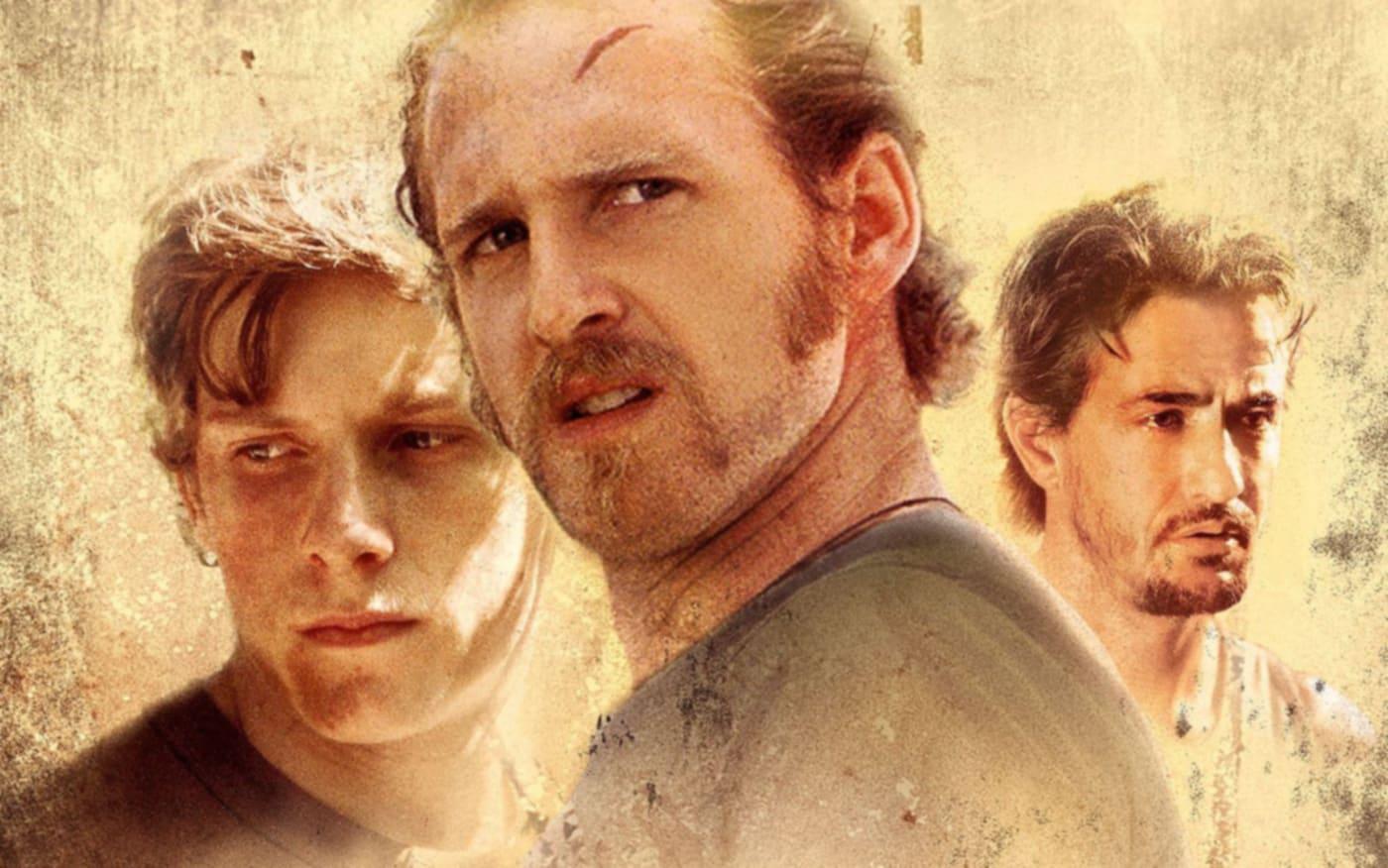Undertow by David Gordon Green (Review)

When I saw George Washington, David Gordon Green’s acclaimed debut feature, I was almost instantly fascinated and enthralled by its story of neglected youth struggling with sin and repentance. I was also baffled, as Green’s style wasn’t quite like anything I’d seen. At times almost documentary-style, and at other times simply mythical and fairy tale-ish, it was a very original and fresh look, albeit one that caused some head-scratching. The same feelings arose when I caught the North American premier of Undertow, Green’s latest, and perhaps his most conventional and straightforward film.
Like George Washington, Undertow centers around neglected youth dealing with the the world’s roughness and brutality, and like that film, it’s also set in the American South. But it isn’t the South as it actually exists below the Mason-Dixon line, but rather a vision of the South as a place where myth and fairy tale interact with the dirt and grime of real life (you can practically see the humidity and feel the mud squish between your toes watching Undertow). It’s a vision of the South as seen through the novels of Flannery O’Connor and the sermons of hellfire and brimstone preachers. But unlike George Washington, Undertow’s story is a bit more straightforward.
Chris Munn (Billy Elliot’s Jamie Bell) is your typical teenager, rebelling against his father, getting into all sorts of trouble, and generally feeling out of place in the world. And well he should be; after their mother died, Chris and his sickly younger brother Tim moved to a secluded farm to live with their father John. Feeling constricted and misunderstood, as well as abandoned (their father, who works in another town, is gone much of the time), Chris is essentially the man of the house. That is, until their uncle Deel comes to live with them. Although fresh out of prison, Deel is hardly reformed, and Chris, hungry for some sort of father figure, begins looking up to his reckless uncle. That all changes when Deel reveals why he’s really there.
Back when Deel and John were just kids, their father stole a bunch of gold coins from some museum. Since Deel was in prison, John took and hid them, and he hasn’t told either of his boys where they are. That doesn’t stop Deel from trying to turn the kids against their father, nor does it stop him from ultimately killing John in a jealous rage. Realizing that the boys are the only witnesses, Deel first tries to threaten them into keeping quiet. After all, who knows and who would believe them; it was Chris’ knife what was used to kill his father, and he’s not exactly on the best terms with the local police.
The boys escape, taking the gold coins with them, and what ensues is a chase that feels like a modern parallel to Night of the Hunter, and is often just as surreal. The two brothers, unable to rely on anyone else, grow closer and stronger. Taking odd jobs throughout the countryside, they encounter a number of unique individuals — the grieving black couple who shelters them for awhile, a commune of homeless living in the overgrown ruins of a warehouse — while ruminating on topics ranging from chiggers to weddings.
It does feel a bit strange, especially the boys’ conversations — you’d think they’d spend more time talking about matters of survival. But at the same time, the quirkiness lends a certain reality to it all. One can imagine that the boys do really talk about the “how are we going to survive?” type of stuff — their on the lam from a murderous uncle, after all. However, Green seems more concerned with the incidental moments, the quiet times and small instances of grace and wonder. Which means that his film is far more than just the mere thriller/road movie that it’s been billed as.
Visually, the film has a very ’70s look, right from the very start. During the opening credits — which finds Chris trying to escape from his girlfriend’s father, and at one point, has to run with a board nailed to his foot — I kept finding myself thinking of some 70s TV show. Mind you, Green doesn’t go for the obvious, cliched look — it’s far more subtle than that — but there is a certain air of nostalgia to the movie, which aids in its fairy tale-esque feel. As the film progresses, it seems to move as languidly as a river, and Green’s camera drifts through scenes like a dream.
A lot of praise has been heaped on Green, claiming him as one of the most promising young filmmakers working today. Considering he’s only made three films, and he’s only 29 years old, that might seem a bit presumptuous. But there’s no doubt that Green has already established a very unique and original look, one that feels very refreshing and invigorating. And Undertow should serve only to further cement his reputation as a young filmmaker.